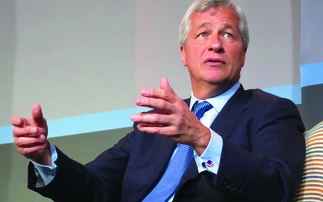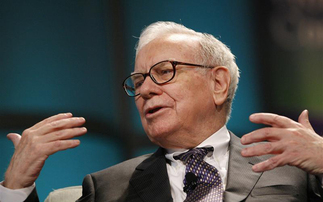One option if you are a budding entrepreneur looking to start your own business is to buy a franchise.
Here, a franchisee, an existing successful business, effectively licenses that business to the franchisor, a third party. This franchise gives permission for the franchisor to operate that business in a specific location and use trademarks, marketing materials and perhaps some of the back office management to help the business grow. Training is usually provided, and depending on the business, you may also be given a customer base as part of the package.
The benefits for the franchisor are that this additional support and branding helps their business grow, and the risk for that growth is passed on to the franchisee. They are able to share in the success of the larger company by receiving an income based on the profits of the company as a whole.
And franchises offer buyers the opportunity to join a successful and proven business, while they usually allow the retention of independence and most of the profits. They will get the benefits of marketing campaigns and branding, and may be able to use the overall company's economies of scale to get better deals on the products and services they need to make their business succeed. And, of course, there's the ongoing advice and support that can be vital for any enterprise.
But of course, you remain in control. It's still your business, and you're responsible for its growth - so it is usually the case that you decide when you're open or available, whether to hire staff, which bank account you need, whether you need commercial finance, which insurance provider to choose from, and so on.
Of course there are still challenges with a franchise business. The British Franchise Association says: "Running any business is hard work, demanding the highest level of personal and family commitment. You make a financial investment. No investment can be guaranteed, especially when it depends on your own efforts as well as your franchisor and the market place for your product or service." *
The types of business available for franchise are massively varied. The British Franchise Association (BFA) lists over 200 companies, and there are many more that are not members. The most well-known types of franchise are household names; the likes of McDonalds and many of the country's larger estate agencies have longstanding and successful franchise operations. But there should be something there to suit your requirements - from healthcare, to trades to technology.
How much does it cost?
Normally, franchisees will be expected to pay an upfront fee to cover the costs of any equipment, training and other services. After that, it depends on the contract you sign. Some franchisors ask for an annual license payment, others expect a percentage of your turnover or profit. In many cases, you will be expected to buy your supplies from the franchisor, and they'll add a mark up to how much they paid for it.
The amount you pay varies according to the franchise, and what you get for it. Some of the most well-known franchises have start-up fees that run to tens of thousands of pounds, while others get you going for a few hundred. The cost will depend on the value of the brand, the amount of trading, the competition for franchises, projected incomes and a number of other factors. It's a case of asking the companies you are interested in for a breakdown of their charges and full details of what they provide in return. In return you usually need to provide them with a detailed business plan that shows you can make the business work. You should brush up on what is expected from you before you start writing a business plan. Usually you will be responsible for premises, utilities and depending on the landlord insurance that already exists, most of the costs of keeping your business running will also fall to you.
Remember, though, that just because it's a franchise, it's still your business and you have to take responsibility for it. This means that you need to make sure you have a business bank account, your staff are paid, your taxes are on time and the financial requirements remain your responsibility.
Barclays is a major global financial services provider engaged in retail banking (current accounts and online savings accounts), credit cards, corporate banking, investment banking, wealth management and investment management services, with an extensive international presence in Europe, the Americas, Africa and Asia. With over 300 years of history and expertise in banking, Barclays operates in over 50 countries and employs over 140,000 people. Barclays moves, invests and protects money and provides business bank accounts, loans, home insurance, life insurance, a mortgage calculator and other services for over 49 million customers and clients worldwide. For further information about Barclays, please visit our website www.barclays.co.uk.
* Source: British Franchise Association, Approaching Franchising With Confidence FAQ, http://online.businesslink.gov.uk/Directory_files/BFA_FAQs_PDF_Doc.pdf












